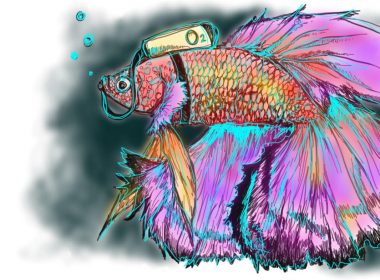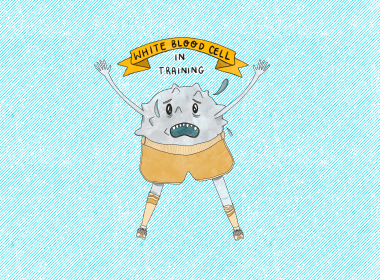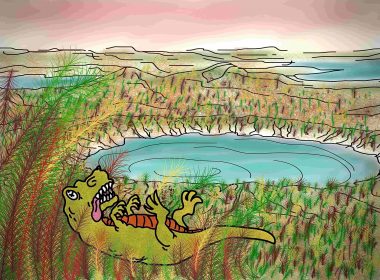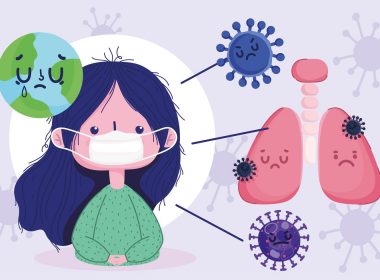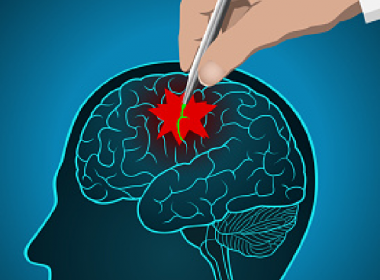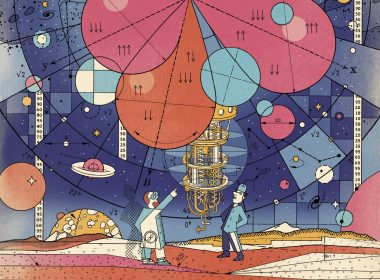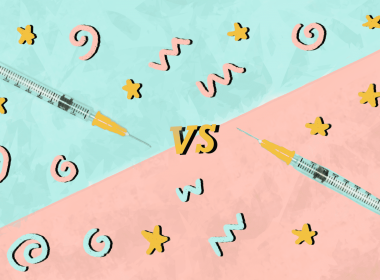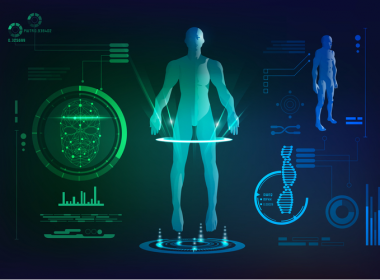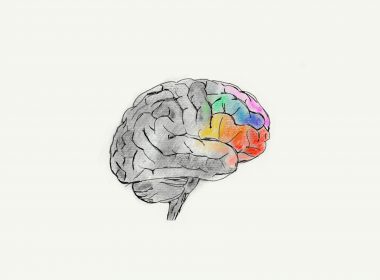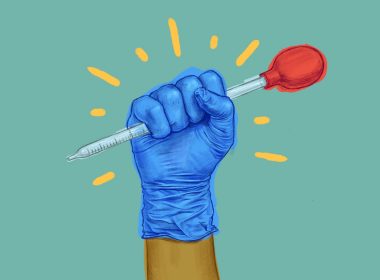Since 1981, the mean global ocean temperature has risen at an average rate of 0.18 degrees Celsius per decade. This has had serious impacts on the health of marine species; as oceans warm across the world, fish that are unable to cope with climatic changes, such as cardinalfish, are disappearing[Read More…]
Science & Technology
The latest in science and technology.
Trained Immunity: The immunologic memory that humans have always had
Memory is invaluable when it comes to the immune system. The immune system is the body’s natural defence mechanism against infection or foreign pathogens and is made up of two key systems. The innate immunity is a rapid, non-specific first response to pathogens or tissue injury. In contrast, adaptive immunity[Read More…]
When the world of dinosaurs was rocked, so was the climate
As tropical forests are cleared for agriculture and coral reefs overheat from rising temperatures, thousands of species vanish into oblivion, unable to survive the rapid climatic and environmental changes of the Anthropocene—the age of the sixth mass extinction. The Anthropocene epoch is an unofficial unit of geological time used to[Read More…]
Factors affecting COVID-19 vulnerability
Since the beginning of the COVID-19 pandemic, observations have shown that the virus does not affect everyone equally. Humans, cats, and dogs can get infected, but not cattle or swine. Additionally, some experience mild symptoms, while others must be hospitalized and can even succumb to the disease. A recent study[Read More…]
Top Quebec discoveries of 2020 feature McGill brain cancer studies
For the year 2020, Quebec Science magazine’s annual list of top 10 scientific discoveries featured two studies on brain cancer led by McGill researchers. The list was selected by a jury of scientists and journalists and the top discovery will be determined by a public vote. Votes can be cast[Read More…]
2020 Rewind: SciTech discoveries of the year
2020 was a year characterized by uncertainty, despair, and drastic change. However, several scientific and technological achievements provide hope for the future. Google stakes its claim on quantum supremacy Google’s quantum computer, Sycamore, is the first instance of such a device outcompeting a classical computer. While a classical computer reads[Read More…]
A long road ahead: The obstacles facing COVID-19 vaccine distribution
As the second wave of COVID-19 intensifies and many countries around the world enter another lockdown, scientists and pharmaceutical companies have raced to produce the most effective vaccine. Moderna and Pfizer have emerged as clear winners, with many countries already beginning to administer their products. With the successful development of[Read More…]
Methods of quantitative modeling revolutionize drug development
Mathematics and computer science are revolutionizing the way new drugs and treatments are tested and implemented. A new paper published in Chaos and written by U4 McGill Physiology and Math major Sofia Alfonso, postdoctoral researcher Adrianne L. Jenner, and Dr. Morgan Craig from the University of Montreal’s department of Math and[Read More…]
New research on ketamine may lead to novel treatments for depression
Ketamine, a schedule III drug, is often used recreationally for its hallucinogenic effects. Its approved purpose, however, is as an anesthetic in medical settings for animals and humans. Recently, it has also been approved by the FDA to treat major depressive disorder in patients who are resistant to other treatments. [Read More…]
Science education cannot exist in a vacuum
Picture this: In the middle of an auditorium filled with students, a professor describes the process of chromosomal segregation. This professor teaches the students about the stages of cell division, the proteins involved, and what happens when chromosomes do not separate properly; a person can have either XX or XY[Read More…]
